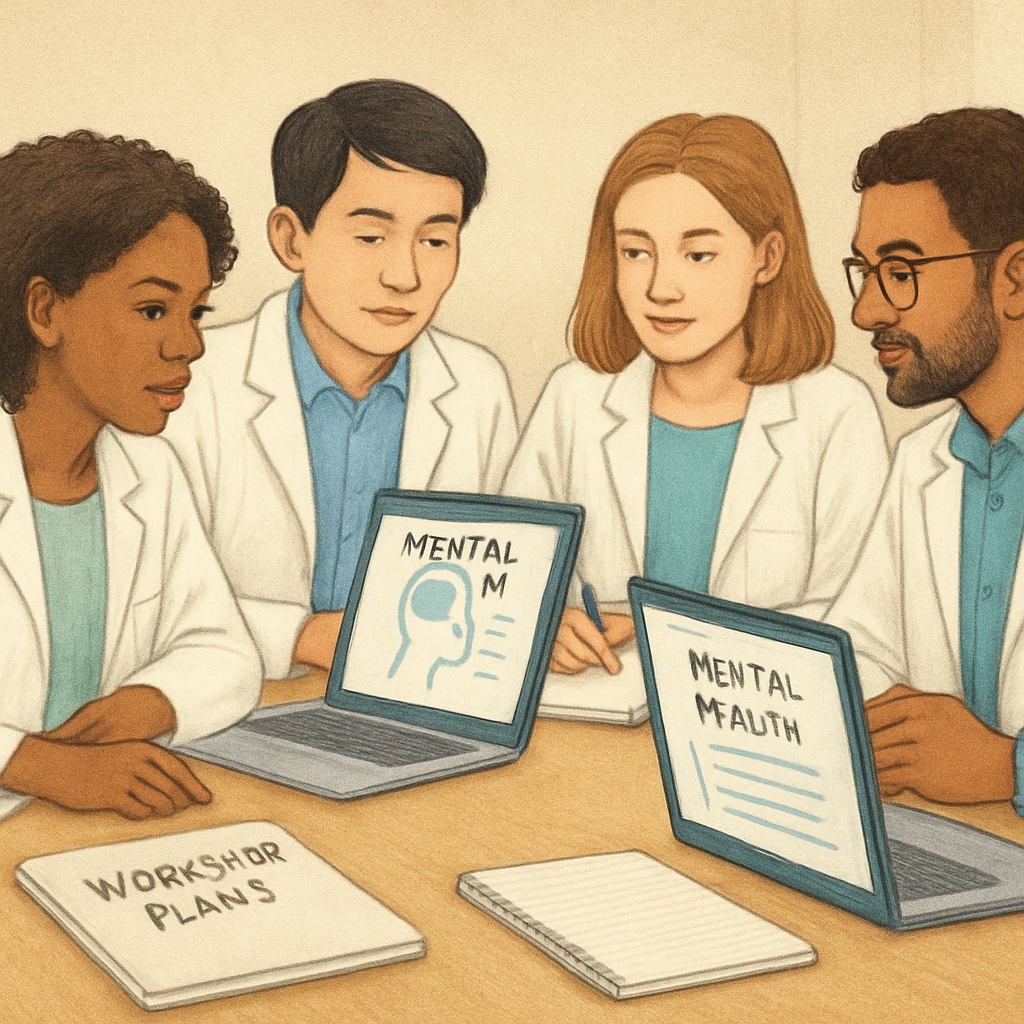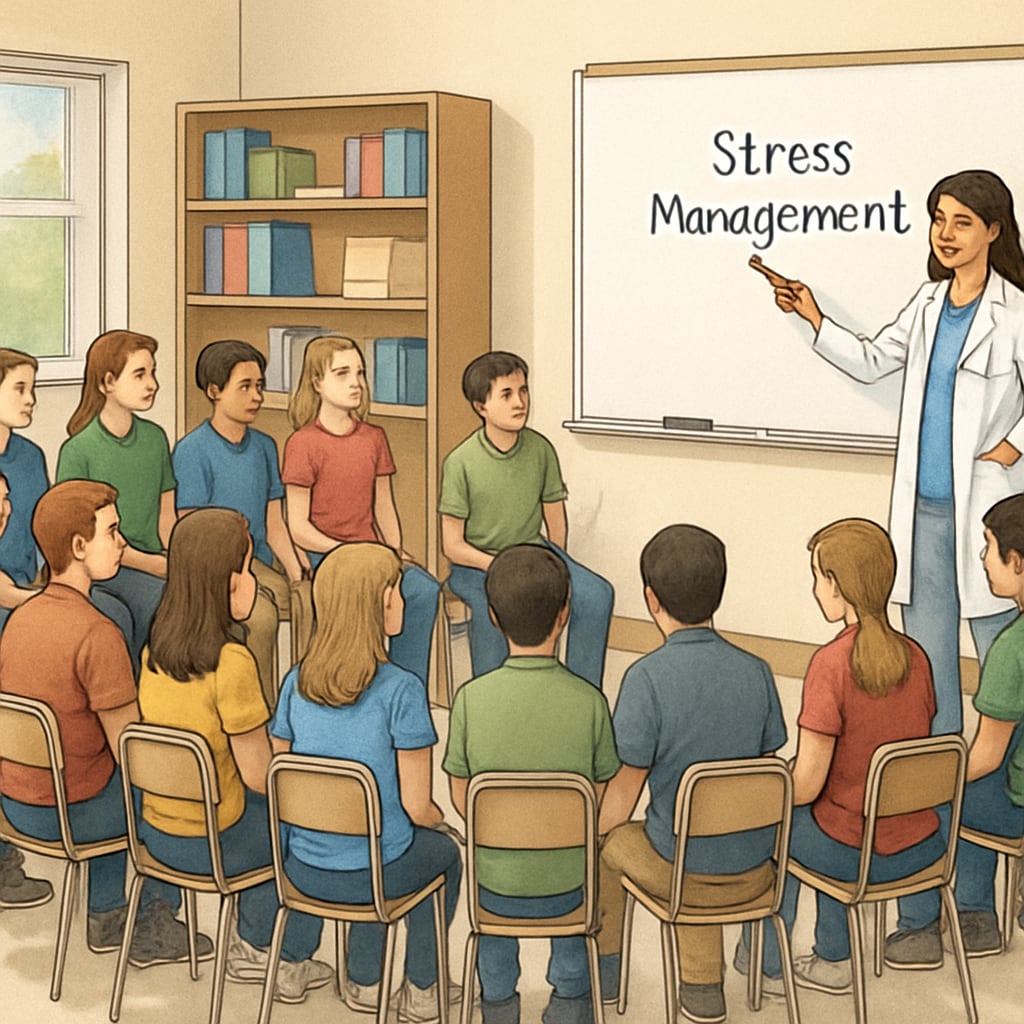Mental health, high school students, and school assemblies are three critical elements in addressing the growing need for adolescent psychological support. Medical students possess unique qualifications to bridge this gap by organizing evidence-based workshops. This guide outlines practical strategies to create meaningful interventions that resonate with teens while building valuable clinical communication skills.
Laying the Foundation: Pre-Workshop Preparation
Successful mental health initiatives begin with thorough preparation. Follow these key steps:
- Establish school partnerships: Contact administrators through professional channels, emphasizing mutual benefits. The National Alliance on Mental Illness offers resources for school collaborations.
- Assess needs: Work with teachers to identify specific concerns like exam stress or social anxiety.
- Secure logistics: Determine optimal timing (avoiding exam periods) and space requirements.

Crafting Impactful Content for Adolescent Audiences
Design workshops that balance education with engagement:
- Use interactive formats like Q&A sessions rather than lectures
- Incorporate relatable scenarios about academic pressure and social dynamics
- Teach practical coping strategies from evidence-based psychology
- Allocate time for anonymous questions to address sensitive topics

Execution and Evaluation Strategies
During implementation, medical students should:
- Work in teams of 2-3 facilitators for better audience management
- Use age-appropriate language avoiding medical jargon
- Monitor engagement through non-verbal cues and adjust pacing accordingly
Post-workshop evaluation should include:
- Anonymous feedback surveys with specific questions about usefulness
- Follow-up discussions with school staff about observed behavioral changes
- Reflection sessions among medical students to improve future workshops
Readability guidance: Use visual aids like infographics to simplify complex concepts. Maintain eye contact and move around the space to keep energy levels high. Always provide take-home resources with local support contacts.


